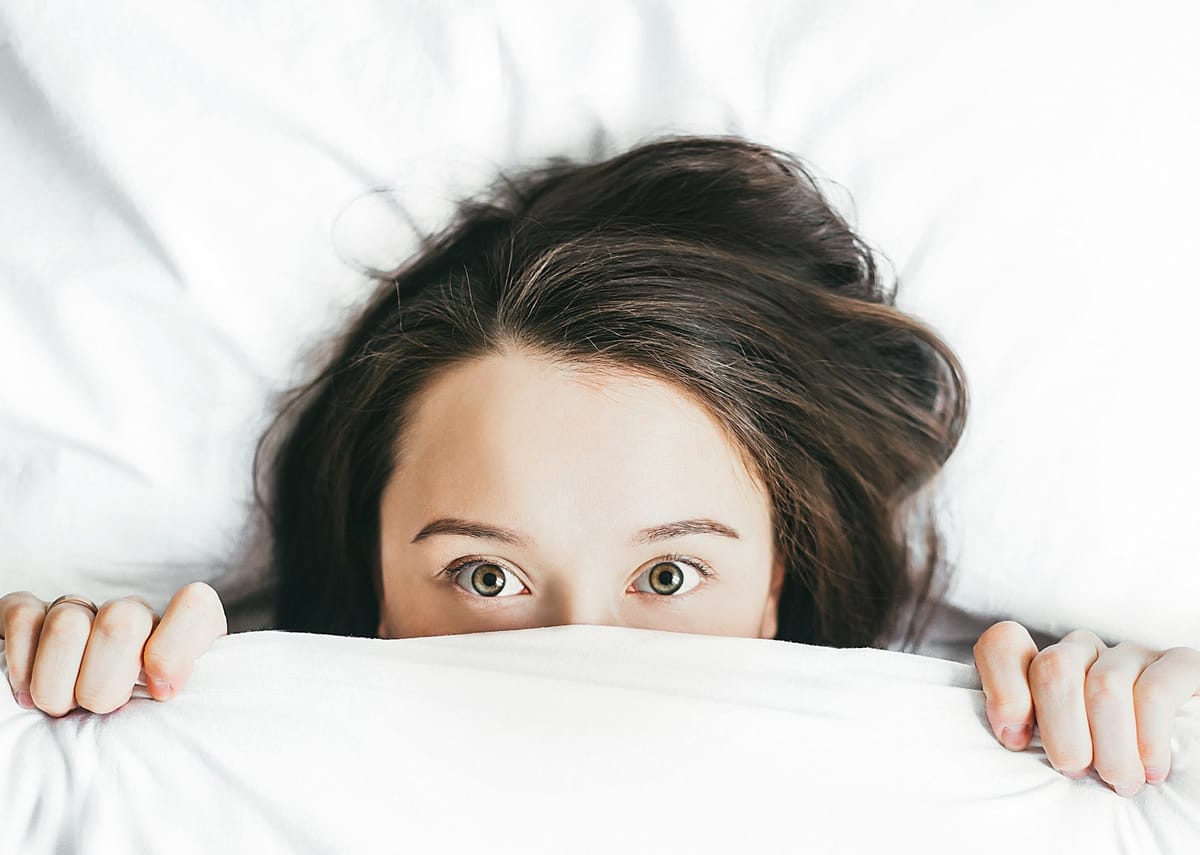How common is sleeplessness really?

A new large-scale study shows that more than 850 million adults around the globe are living with sleeplessness, chronic insomnia. That's a lot of people!
That means roughly one in six adults has frequent and lasting trouble with sleep, in a way that impacts their daily life.
Of those almost half, around 415.000.000 people, suffer from severe insomnia, which includes multiple sleep difficulties combined with significant daytime symptoms.
And you know - insomnia is not just about the occasional bad night. It is pretty bad for our health - both physical and mental health.
This study represents the first structured attempt to quantify insomnia prevalence on a global scale, using data from 18 high-quality studies and United Nations population statistics.
Insomnia hits women harder than men
The study showed a clear difference between the sexes. Nearly 19 percent of adult women have insomnia, compared to around 13 percent of men.
Severe insomnia follows a similar trend: close to 10 percent of women are affected, while the rate in men is closer to 6 percent.
The reasons for this gender gap are not fully understood, but hormonal, social, and psychological factors are likely contributors.
Perhaps we worry more? Perhaps we ruminate more at bedtime? Perhaps about all the stuff we need to remember in the morning: lunchboxes, gym shoes, kids' dentist appointments - or did that change since I had small kids?
What is clear is that sleep health is not evenly distributed across the population, and women face a disproportionately high burden.
An unexpected pattern
You have heard this a hundred times; old people don't sleep that much, they wake up during the night and rise pretty early. Well, guess what - that's not true.
The study found that insomnia becomes more common with age up until the mid-forties (interestingly, that's about when all the kids' stuff in the morning is over), but then levels off and slightly decreases in older adults.
This finding contrasts with earlier assumptions that sleep problems continue to worsen with age.
Researchers speculate that different types of sleep disturbances might dominate at different stages of life. Younger adults often have trouble falling asleep, while older adults may wake more frequently during the night.
Insomnia is common, but data is scarce
Only 31 of the 237 countries recognized by the United Nations had usable, population-based data on insomnia prevalence. The majority of studies included came from high-income countries, while data from low- and middle-income regions remain sparse.
To complete the global picture, the researchers had to use modeling, applying the best available data to countries without their estimates.
While this approach helps fill in gaps, it may mask important regional differences driven by culture, health systems, social conditions, or environmental stressors.
In some parts of the world, sleep health is still poorly recognized or not regularly measured, making it harder to detect the true burden of insomnia.
Wow - so that means there may be more than 850.000.000 people who can't sleep?
Why it matters
The scale of insomnia highlighted by this study is comparable to other major global health challenges such as obesity and obstructive sleep apnea.
Yet sleep disorders still receive far less attention in public health policy. And it should get a lot of attention, cause insomnia is super unhealthy.
Fatigue, mood issues, poor concentration, and reduced productivity are just a few of the common daytime effects.
But more importantly. Once viewed as a symptom of other medical or psychiatric issues, insomnia is now recognized as a stand-alone disorder with serious long-term consequences. It increases the risk of heart disease, diabetes, neurodegeneration, depression, anxiety, chronic pain, and substance misuse.
It also comes with high economic costs from reduced productivity, more accidents, and increased healthcare use.
Raising awareness about sleep as a pillar of health, comparable to nutrition and exercise, is crucial.
Brainwoosh wishes you a good night's sleep 🩵
About the paper that inspired:
First Author: Adam V. Benjafield, Australia
Published: Sleep Medicine reviews, August 2025
Link to paper: https://www.sciencedirect.com/science/article/pii/S1087079225000747?via%3Dihub
Pssst - remember to subscribe to our free newsletter!




Comments ()